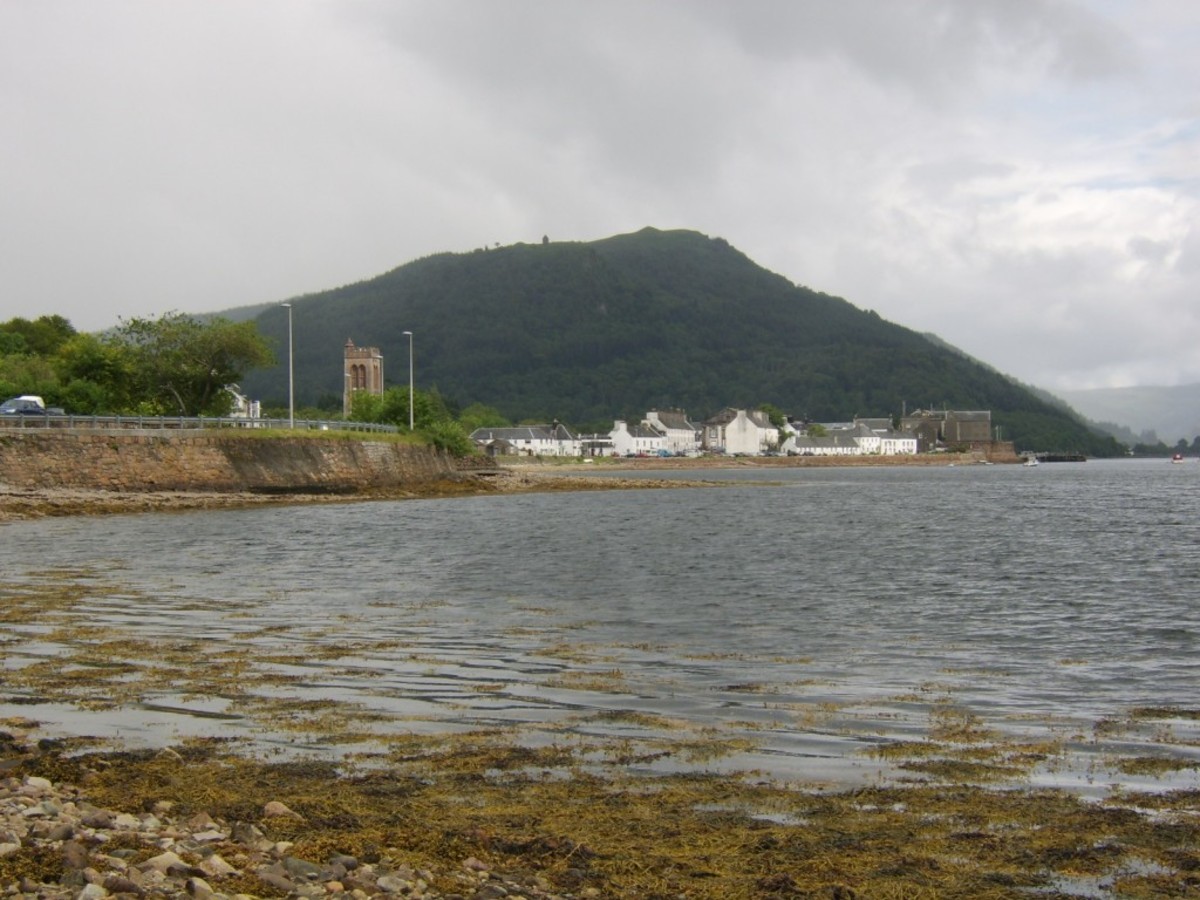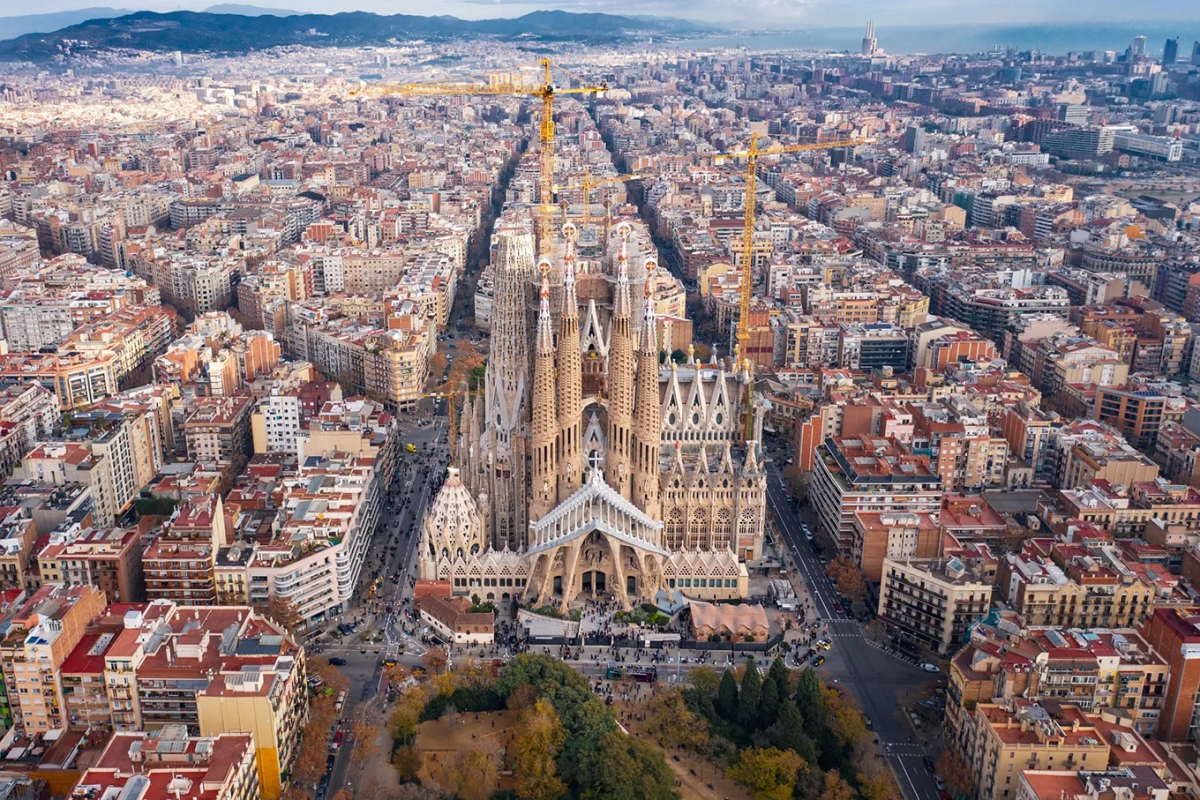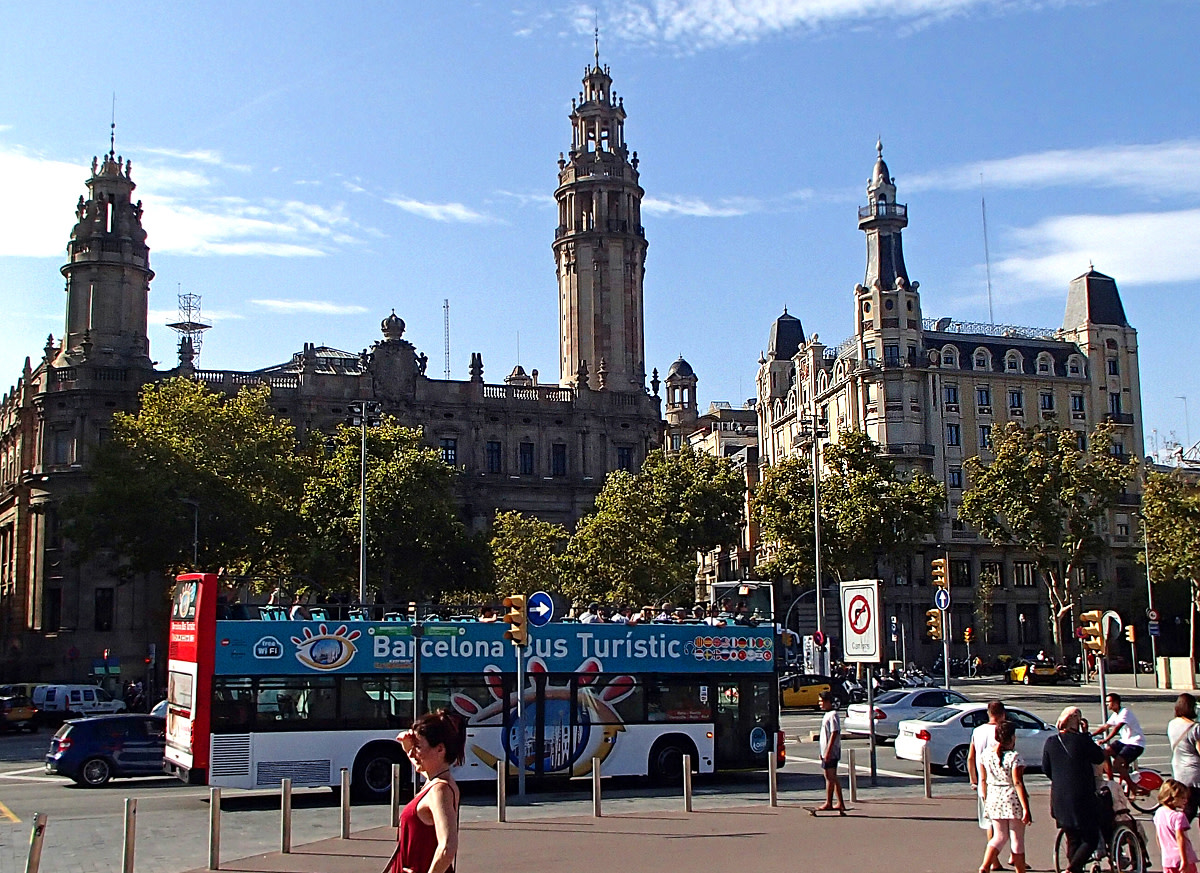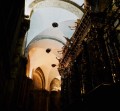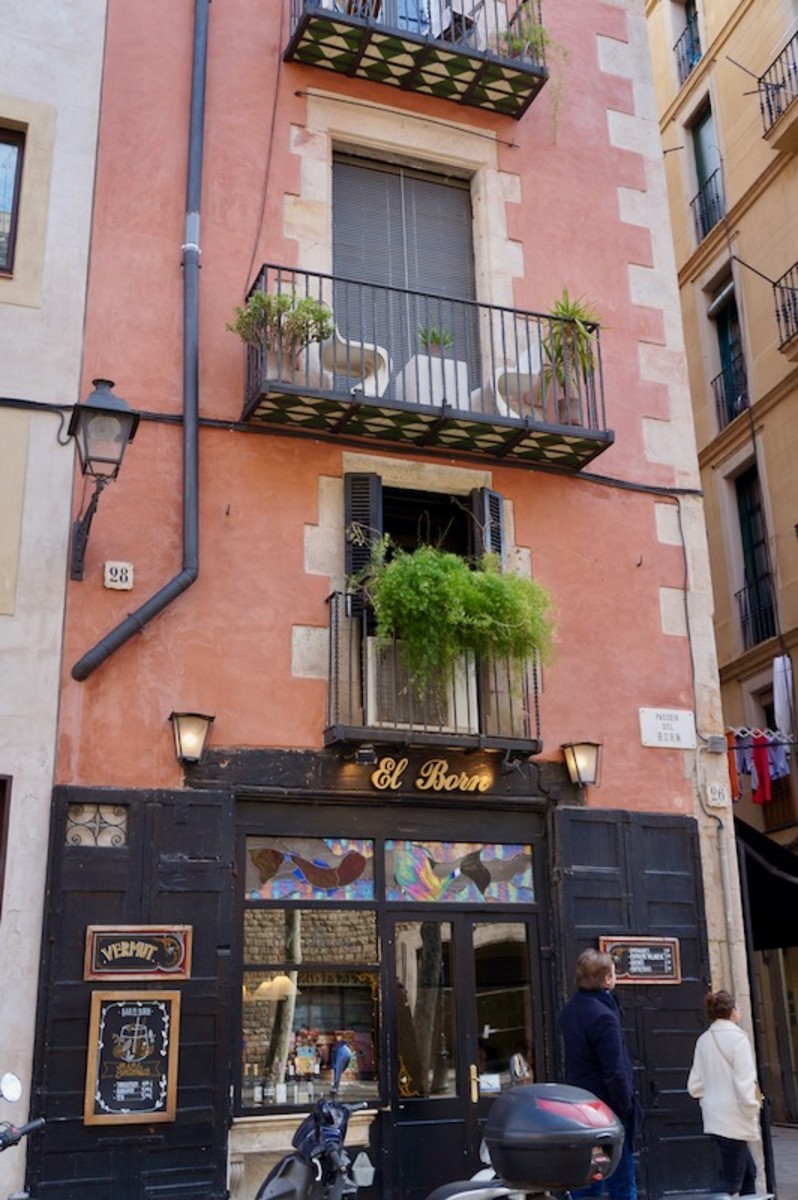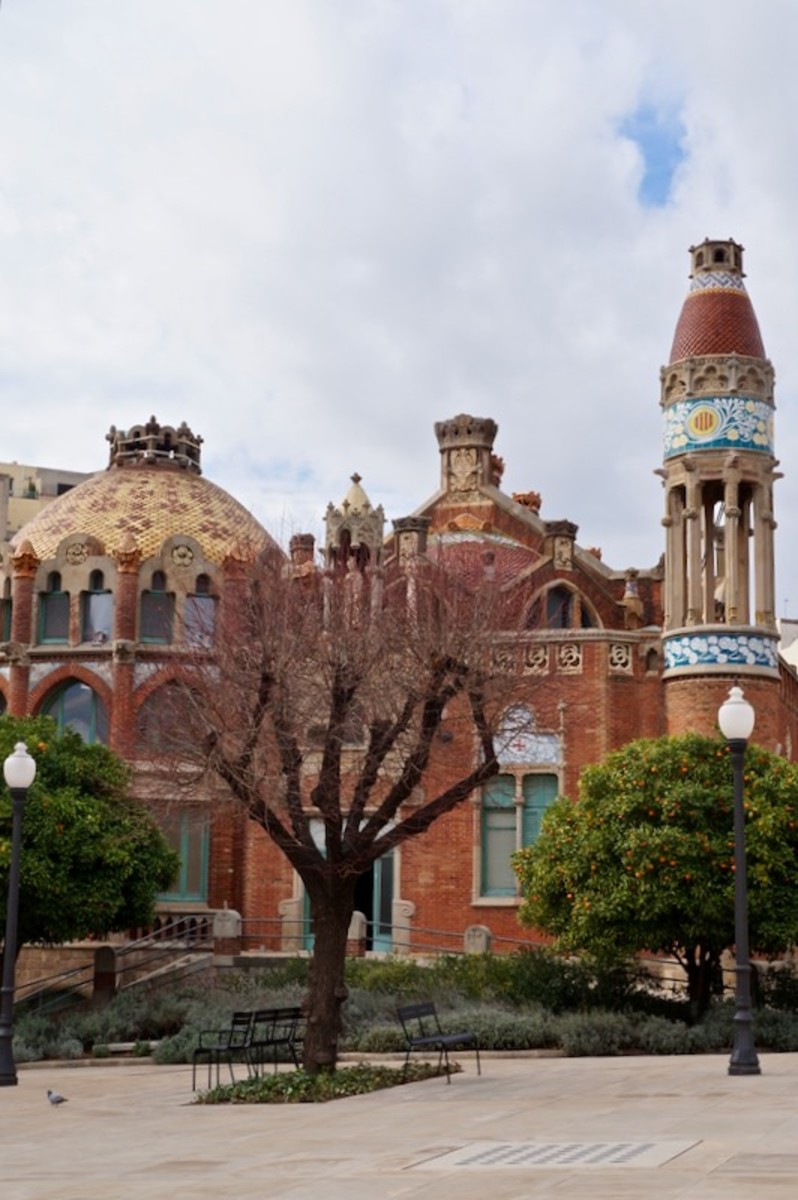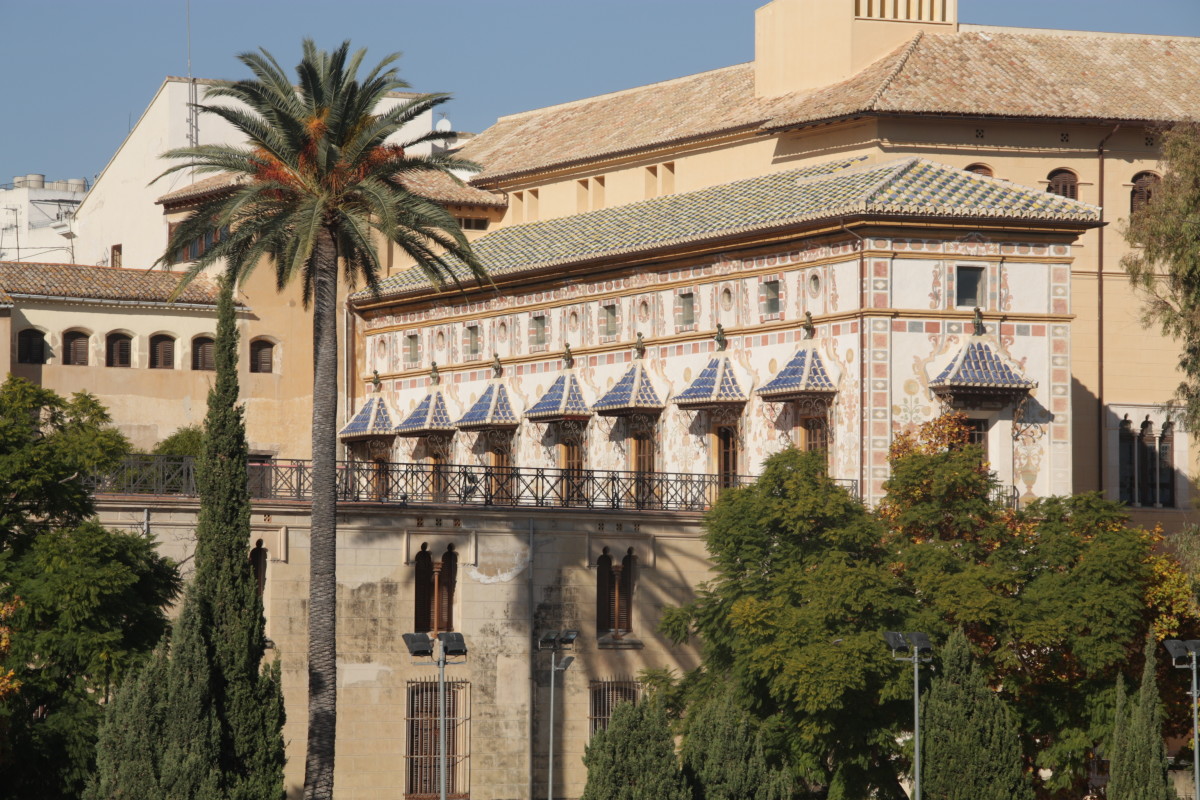Malaga, Spain and Costa del Sol: The Quick Visitor's Guide
Visitor's Guide to Malaga
When planning your vacation in Malaga, and to Costa del Sol, why not travel with a good sense of the history as well as knowledge of the local customs. Then plan on visiting all the must-see sights, and enjoying some of Europe's most impressive beaches.
Below is a list for the explorer to start with.
First, a Brief History Timeline:
4000 BC - The settlement of Malaga can be traced back to 4000 BC when prehistoric people inhabited the caves of Andalusia.
3000 BC - In 3000 BC, the Iberian people crossed over from North Africa and gave the peninsula its name.
During the 1,000 years prior to Christ, the Phoenician people established a civilization and called it Malaca (or Malaka). The Greeks followed around 550 BC - followed by the Romans who colonized Spain in 218 BC and occupied it until the 5th century AD. The Visigoth then conquered Malaga in 623 and lasted until 711.
711 - The Moors invaded from Africa (and called it Al-Andalus) bringing Muslim religion and influence. Battles lasted more than 10 years and Cordoba became the new capital of Islamic Spain.
Independence was gained in the latter part of the 9th century and the Moorish empire disintegrated into fiefdoms and Christians began ousting Muslims, at which time the Moors moved to the Kingdom of Granada, which fell almost 300 years later.
Spain eventually became unified under the Catholic Monarchs, Isabella and Ferdinand - and soon after Christopher Columbus set sail for the 'new world.'
The 17th and 18th century saw the population grow but the town was hit by earthquakes and epidemics. In the 19th century the town began to grow. Napolean's French domination only lasted from 1810-1812. Malaga then became a destination for the rich and thus began the tourist industry. However, the century ended with an economic crisis, more plagues and other problems.
Early 1900s - After a civil war, Franco became Spain's new ruler in1939. After WWII tourism was developed and the economy began to improve. By the1960s, with a tourist boom, the economy recovered totally.
Today Malaga is Spain's second largest port, has its third largest international airport, more than 100 international conventions are held in the region, and more the 6 million tourists visit each year.
General Information:
Located on the Mediterranean Sea, Malaga is on the Southern Coast of Spain and is the gateway to the Andalusian countryside. It is also known to many as the capitol of the Costa del Sol.The Costa del Sol ("Sun Coast" or "Coast of the Sun") is an area along the Mediterranean coastline of the Malaga province.
The Costa del Sol was known in the past for its tiny fishing villages. But today those villages have been replaced with resort towns and large retirement villages - home to many Spaniards and Europeans.
Along with some of the most impressive beaches in Europe, the resort towns bordering the city on the east and west make Malaga a popular destination for European visitors.
Malaga has a subtropical climate and enjoys some of the warmest winters in Europe; it is now home to more than a half-million residents. The coast is filled with colorfully decorated small villas and cottages lush with jasmine and bougainvillea.
Places to See:
1 - Alameda Principal - is the busy thoroughfare constructed in the late 18th century and is located along the sea. The gardens contain exotic, rare and tropical plants. The locals gather here to stroll and enjoy the scenery.
2 - The Gibralfaro Castle - has bougainvillea draped ramparts and overlooks the Alcazaba (see #3). It affords spectacular views of the city.
3 - The Alcazaba - was started in 1057 and is the Muslim fortress-palace that dominates the city center. The Alcazaba was the official residence of the Arab Emirs of Malaga who ruled. Sitting high on the hilltop it can be seen from anywhere in the city and offers views of the downtown area. Here you will find an archaeological museum displaying stucco work and 12th and 13th century pottery.
4 - The Picasso Museum (Museo Picasso) - which was dedicated by the King and Queen of Spain in 2003, is located in a 16th century building dedicated to the work of Picasso - the Malaga born painter. Picasso fans will see a large collection of his work here.
5 - The House of Picasso - where the artist discovered his love of painting. His family lived here for the first 14 years of his life. The recently restored house offers a limited amount of tours.
6 - The Malaga Cathedral - constructed in the 16th century, the Cathedral, an example of Spanish architecture, took more than two centuries to build. The interior has hand-carved wooden choir stalls built in the early 17th century. It is located on the site of a former Arab mosque.
7 - Mercado Central - built in the 19th century is a main shopping area for locals - offering fresh produce and fish each day. Nearby are cafes and bars serving locally produced wine.
Local Customs:
Tipping - at most restaurants is 10% - but it may be included in the price of the meal. You can check.
Bargaining - is not customary in the shops. Bargaining is only possible in the flea markets and maybe with antique dealers.
Local Cuisine and Beverages:
Cuisine - Paella is the national dish. It is a combination of chicken, seafood. and vegetables mixed with saffron-flavored rice. Zarzuela is a fish dish using up to a dozen different types of seafood which is then served in a wine or brandy sauce. Fritura Malaguena is fried seafood. Pa amb tomaquet is considered a peasant-type of bread topped with tomatoes and grilled. Dessert is Crema Catalana - a caramel custard.
Drinks - Malaga Virgen is the famous sweet wine. Priorato is the popularly known red wine. Cava is the world-renown sparkling wine. Bottled water is always recommended.
Local Information:
Shopping - Most stores are open Monday-Saturday, 10am to 1pm, and then again from 4:30pm to 8pm, in observance of fiesta time. Large department stores do not observe fiesta. This includes Galerias Preciados and Corte Ingles. All stores are closed on Sunday except for some souvenir shops.
Few stores accept US dollars, but most accept credit cards. A VAT (Value Added Tax) is included in most purchases. Visitors spending over a certain amount may be able to reclaim some or all of this tax - check with the shop - but these regulations are always subject to change.
Currency - is the euro. There are many exchange bureaus located throughout Malaga, as well as ATMs and banks. An exchange office is also located inside the downtown Tourist Information Office.
Telephones - are located throughout the city and calling cards can be purchased at "Tabacos" shops. Some phones may require coins.
Post Office - the main post office is locate within the city center at Avenida de Andalucia.
Tourist Information Center - is located downtown at Pasaje de Chinitas. Another center is at the downtown local bus station.
Just Outside of Malaga:
There are a number of other well-known destinations within reach.
1 - Marbella - is the large resort town and a favorite place for the rich and famous. Its known for its beach areas and high priced boutiques and restaurants. Marbella is also known for its famous plaza - the Plaza de los Naranjos - filled with narrow winding streets.
2 - Mijas - is a village west of Malaga and sits 3,000 feet above sea level. It was founded by the Muslims and is filled with whitewashed houses covered with jasmine and bougainvillea. Souvenir shops and cafes line the streets and alleyways.
Beyond Malaga is the famous Andalusia region which stretches across the South of Spain and includes such famous places as the city of Granada and the Palace of Alhambra.
3 - Granada - Alhambra Palace is the Moorish palace, referred to locally as the 'eighth wonder of the world' - it was built during the 12th century in the city of Granada. The rooms in the Palace include the "Hall of Streets" where your whisper can be heard from any part of the chamber.
Enjoy!
For more recommended information about world travel destinations, see the links below:
More World Travel Destinations
- Hong Kong: Visiting the Tropical Island
The big city skyline of Hong Kong makes it easy to forget that this is a tropical Island. Hong Kong is located on the southeast coast of China at the mouth of the Pearl River and faces the South China sea. ... - Visiting Vietnam: Enjoying Paradise
Vietnam is preparing for a record-breaking amount of tourism this year. And no one will be disappointed. Considered the safest country in Asia, Vietnam offers everything you would expect to find in a...well,... - Top 10 Resorts in Thailand
The hardest part about planning your vacation in Thailand is choosing one of the many captivating luxury resorts that are available. Lush accommodations, outstanding services and breathtaking views all work... - Snorkeling In Koh Samui, Thailand
Koh Samui is the most popular snorkeling destination for tourists visiting Thailand. If you are looking to be enveloped by fascinating marine life and beautiful coral housed in clear, warm water, Koh Samui... - Shopping in Milan, Italy: 6 Places for Retail Therap...
For high-fashion retail therapy, Milan, Italy is a must stop for authentic, quality designer wear, shoes, bags and accessories. This northern Italian city is Italy's fashion capital for women, and men as well.... - Curacao: 12 Reasons to Visit the Hidden Treasure of ...
Curacao is also known as - Luxury Spas in Europe: 5 to Enjoy
Many vacations, as well as honeymoons, often begin or wind down with a visit to a luxurious spa for some serious pampering. If you are planning to travel in Europe, you may want to spend some time getting your... - Take the New Gladiator Tour at the Roman Colosseum
Take the new Gladiator Tour when visiting Rome. The new underground tour, beginning in March 2011, will take you on a tour of the secrets of the Roman Colossuem (Plaza del Colosseo). The Colosseum is one of...

